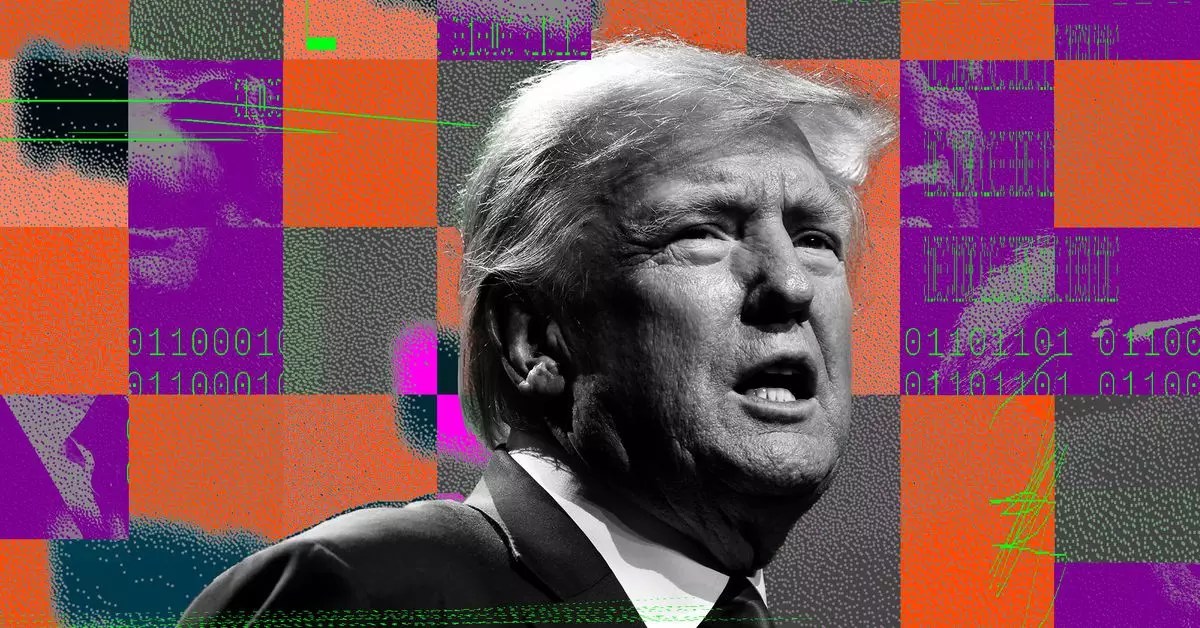The landscape of political campaigning has increasingly intersected with the complexities of cybersecurity in recent years. As elections become more digital, so too do the threats against them. The recent indictment of three Iranian nationals by the US Department of Justice serves as a stark reminder of the global scale of cyber warfare and the vulnerabilities it exposes in democratic processes. This incident portfolio raises crucial questions regarding the state of political cybersecurity and reflects broader geopolitical tensions.
The indictment details how these hackers, associated with Iran’s Islamic Revolutionary Guard Corps, utilized social engineering tactics and spear phishing to infiltrate the email accounts of Donald Trump’s 2016 presidential campaign officials. This sophisticated method involves tricking individuals into revealing sensitive information, a tactic that has been alarmingly effective in various cyber intrusions. Once these hackers gained access, they allegedly stole sensitive campaign documents and confidential communications, demonstrating how easily vital information can fall into the wrong hands.
An essential aspect of this cyberattack was the use of a commercial virtual private network (VPN) to obfuscate their activities. By creating deceptive web domains—such as “tinyurl.ink” and “mailer-daemon.online”—the attackers were able to mislead their targets effectively. Such technical acumen not only showcases the hackers’ skills but also highlights the growing reliance on sophisticated digital tools to execute cyberattacks. The involvement of Respina Networks, an Iranian internet service provider, is particularly significant; it suggests possible government complicity in offering facilitation for such operations.
These charges against the Iranian nationals are grounded in severe allegations, including wire fraud, material support to terrorism, and conspiracy to breach protected computer systems. While the indictment does not identify specific candidates affected by the breach, the Trump campaign’s admission of a successful hack only underscores the urgent need for enhanced cybersecurity protocols within political campaigns. Assistant Attorney General Matthew G. Olsen has framed these actions as a direct threat to democracy, emphasizing the risk posed by nation-states engaging in cyber-enabled attacks against American interests.
The Iranian cyber operation is not an isolated incident; it represents a broader strategy by adversarial nations leveraging cyber capabilities to challenge and undermine US political integrity. The US Treasury Department’s offer of up to $10 million for information about the suspects is indicative of the seriousness with which authorities are treating cyber threats. This incident is indicative of a more extensive trend where state-sponsored cyber attacks aim to destabilize democratic institutions and manipulate public perception.
As digital platforms become more intertwined with political processes, ensuring the security of these digital spaces is critical. The indictment of the three Iranian hackers is a wake-up call for political entities to bolster their cybersecurity measures, emphasizing vigilance against sophisticated cyber threats. As we move forward, the importance of cybersecurity in maintaining the integrity of democratic practices cannot be underestimated; the stakes have never been higher in the age of digital warfare.


Leave a Reply